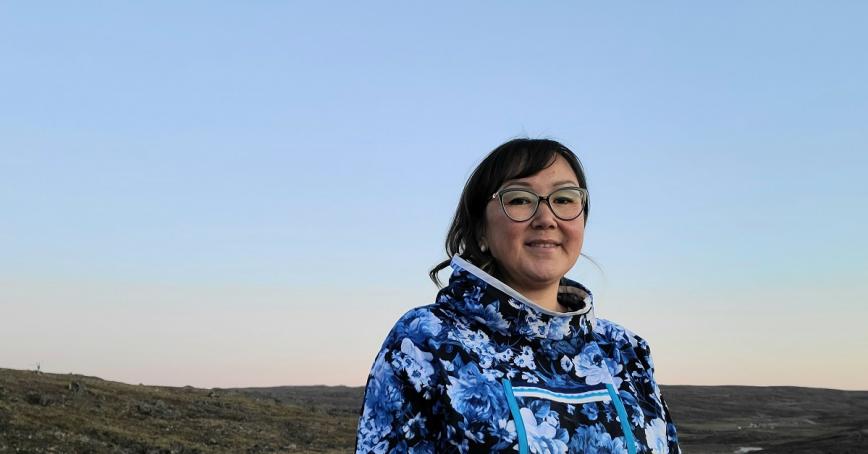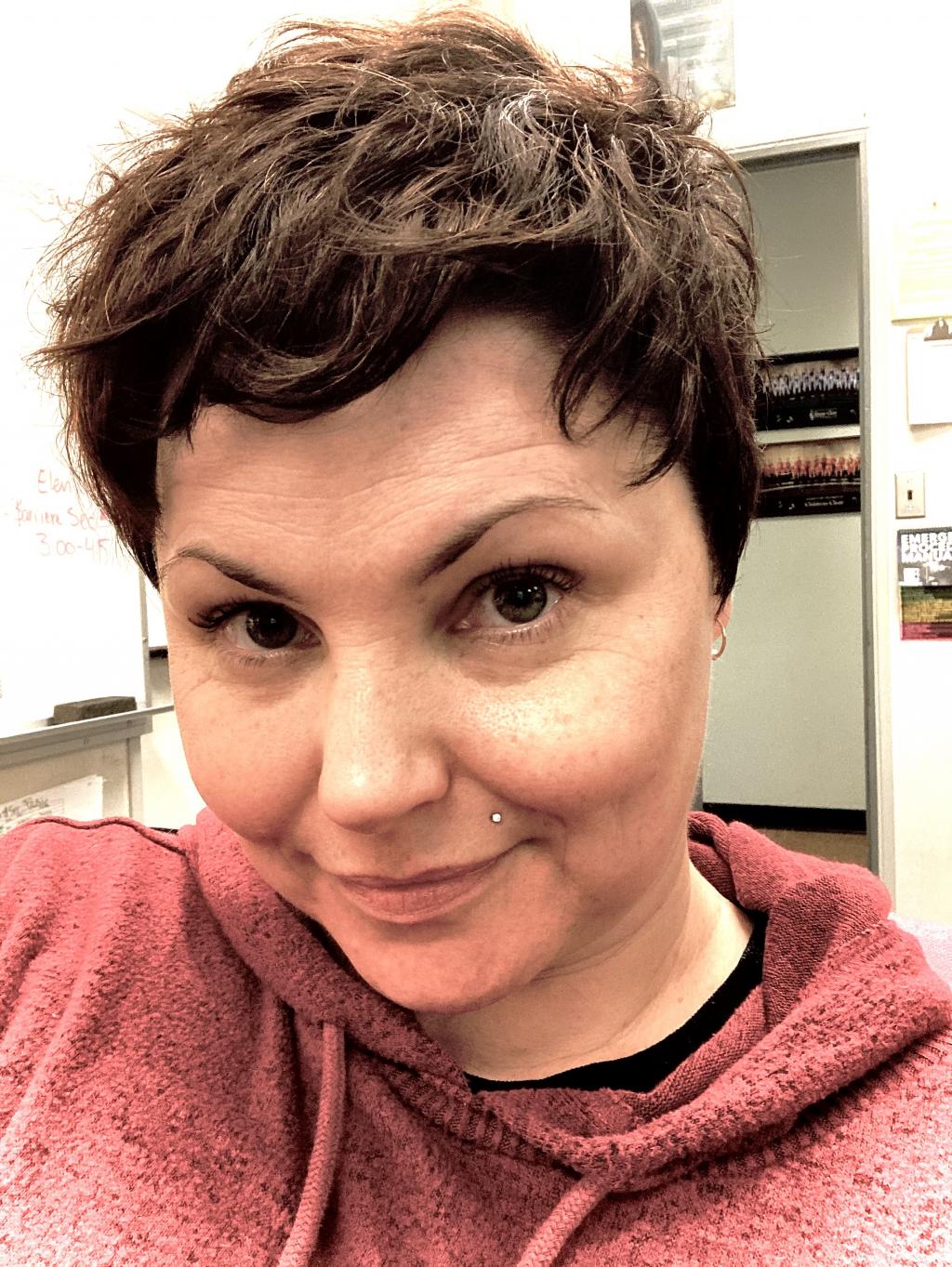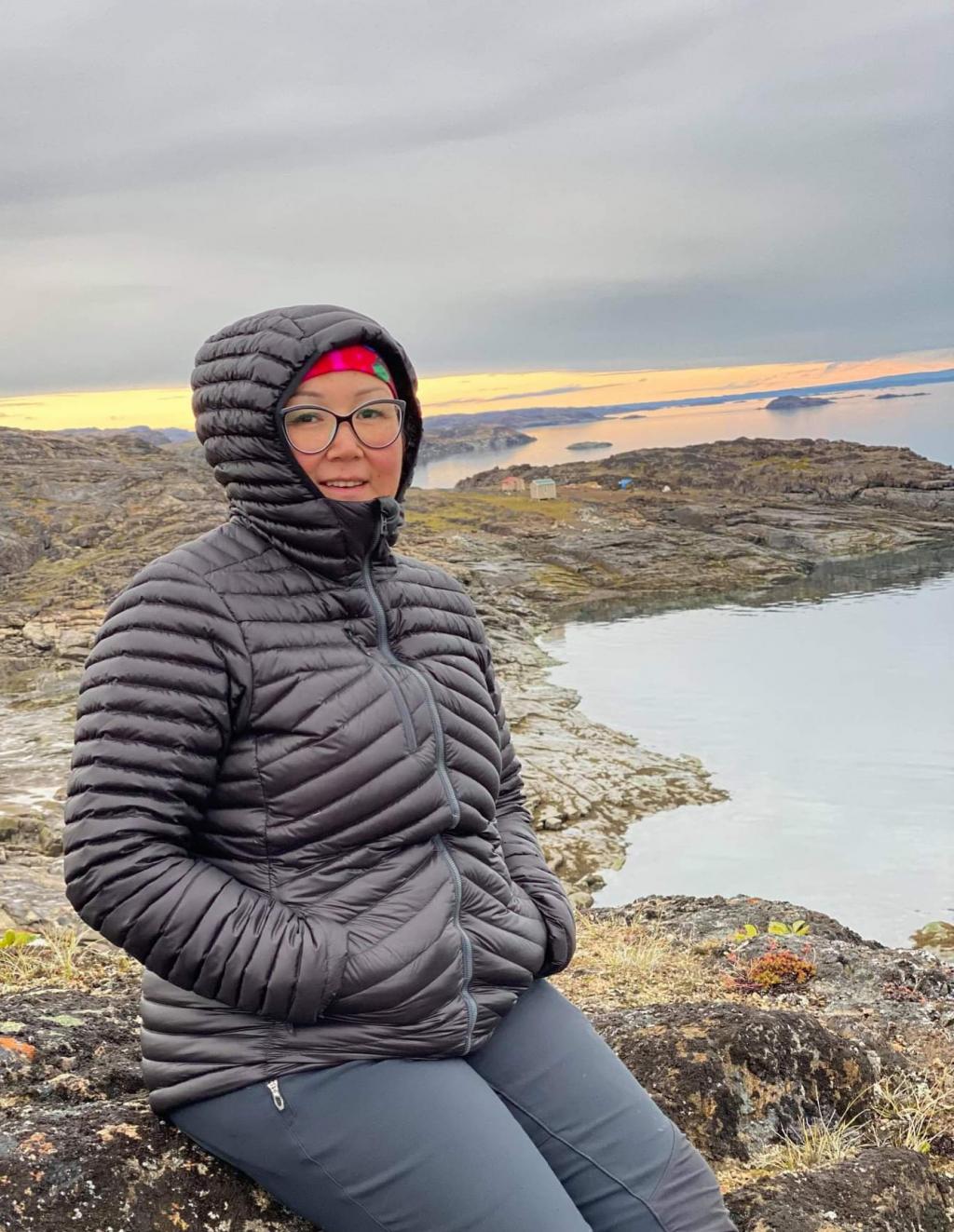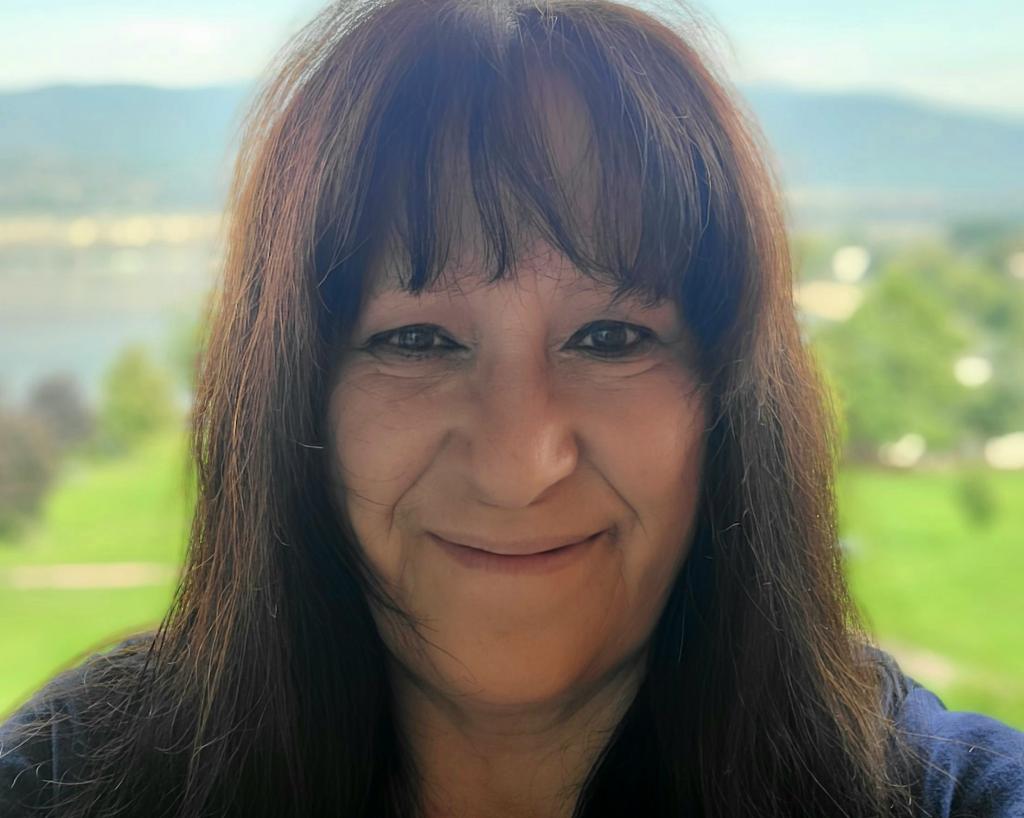First-ever all-female class for DSocSci building supportive community
Topics
Featured
Share online

In academia, firsts for women have been falling like shards of glass ceiling for decades. And now, at Royal Roads University, another: The first all-women cohort in the university’s Doctor of Social Sciences program.
A dozen women from across Canada and across professions are part of this historic iteration of the interdisciplinary program, the goal of which is to take their research, conducted with the academic rigour of a conventional PhD, and combine it with the professional leadership skills and practical relevance that will help them at their jobs.
The students are police officers and teachers, social workers and correctional workers, government employees and business owners.

One of them is Janet McCloy, whose passion for arts and education intersect in her job: she’s the district co-ordinator of arts education with School District 73 (Kamloops/Thompson).
In her position, she says — especially since the start of the COVID-19 pandemic — there has been an increase in what she calls therapeutic education; that is, educators taking responsibility not only for teaching students reading, writing, math and social studies but, also, for monitoring, maintaining and propping up kids’ mental health.
McCloy says her DSocSci research is an investigation of whether schools are the best place to provide therapeutic education, and she intends to find out by talking to a variety of stakeholders, including students, parents, teachers and administrators.
“I’m not saying that I don’t agree with it,” she says. “I’m looking at…is it beneficial through the lens of education?”

Elaine Uppahuak-Prusky’s research is also focused on kids, specifically on the potential role of traditional Inuit knowledge practices within existing programs, with an aim to understand how traditional practices can further improve child welfare across Nunavut, where she has worked for the territorial government for 18 years.
Previously the director of Sivumuaqatigiit Inuit Employment in the Nunavut government’s human resources department, the resident of Arviat, on the coast of Hudson Bay, says she’s aiming for a deeper understanding of traditional teachings across the territory’s three regions and their potential benefit in dealing with childhood intergenerational trauma.
“Is there anything deeper that I can look into in terms of finding what else was done maybe prior to colonization?” Uppahuak-Prusky says, noting a variety of social issues affect Inuit, including a housing crisis, food insecurity, suicide and mental health.
“I don’t feel Inuit are treated on par with the services we get compared with the services people down south may get,” she adds.

Laura Baird — like Uppahuak-Prusky, one of the three Indigenous students in their cohort — is also focused on social issues in her research. A Cree who is a member and resident of the Tsawwassen First Nation in BC, she works with the Correctional Service of Canada and is a board member with Native Education College in Vancouver. She is also looking to traditional values as well as guidance from Elders in her research project, which is to design an Indigenous healing house for pre- and post-treatment care for people dealing with addictions.
“I heard it from the Elders loud and clear: We want to be part of what the future looks like,” Baird says, noting Indigenous communities have expressed an interest in bringing back traditional spiritual and cultural knowledge to help young people dealing with intergenerational traumas inflicted by residential schools and societal marginalization.
“Young people…can learn what has grounded people, what has grounded their grandfathers and grandmothers prior to the influence of other cultures,” she says. “Those values and ethics and traditional teachings still provide the groundwork for what it would be to be a good Tsawwassen member, what it would be to be a good Squamish member.”
For her research, Baird, who also earned undergrad and master’s degrees at RRU, says she has found plenty of encouragement among the other 11 women in her DSocSci cohort.
“I find that there’s a lot of empathy to the conversations that take place in our open groups,” she says. “There’s a lot of pretty supportive conversations around what women in school endure as a primary caregiver, and balancing school.”
Uppahuak-Prusky, who also earned a Master of Arts in Leadership at Royal Roads, says, “The all-female cohort is unique. We are two months into this program and I really feel a sense of connection with my classmates and instructors even though we have only met virtually. The support from the university and amongst the group is amazing. With two other Indigenous classmates and having had Indigenous guest speakers, I feel reassured and honoured to be in this program with this unique cohort.”
McCloy says the diversity of people and experiences — one student is a police inspector, for instance, while another has experience with the Canadian and U.S. governments in intelligence systems and cyber security — in the DSocSci cohort is educational for all members.
“It makes me think of things a bit deeper than just an educational viewpoint,” she says, noting she left behind a partially completed doctorate in education to switch to the interdisciplinary DSocSci. “It makes you think outside of your own little box.”
“Normally, everybody is working on something quite different from one another but the common bond is the interdisciplinary approaches,” says Prof. Mary Bernard*, head of the Doctor of Social Sciences program.
“Almost all of our students are drawing from experience they’ve had in leadership positions or influential positions that they’ve been involved in for 10, 20 years,” she says, “so the stories themselves can be very interesting.”
Baird agrees, saying, “Royal Roads has brought us together so that we’re all on common ground and can share our experiences. “In our culture,” she adds, “we are considered the life givers. We lead and we support those who come after us. And I can tell you every one of the women in our cohort is exactly that.”
* Bernard notes that the all-female RRU DSocSci cohort wasn’t created by design; rather, she explains, during intake for the group — a competitive, adjudicated process — all the successful candidates who could begin in this cohort were women.